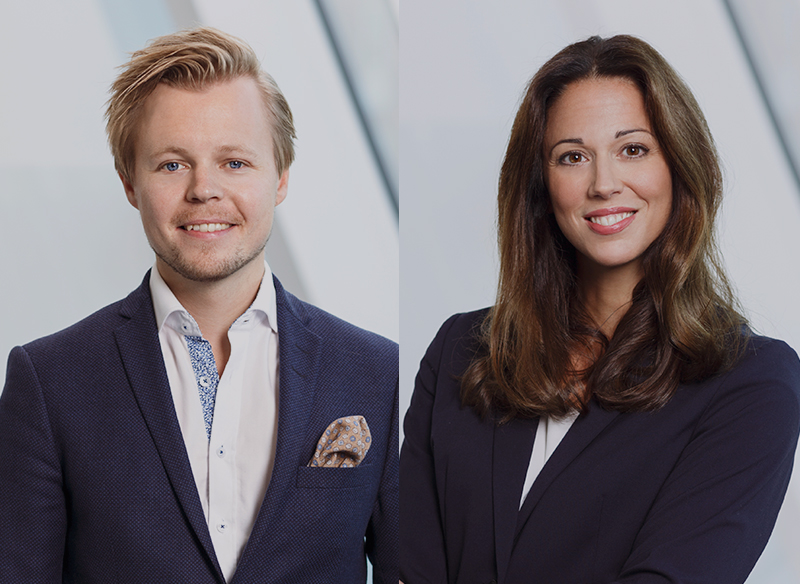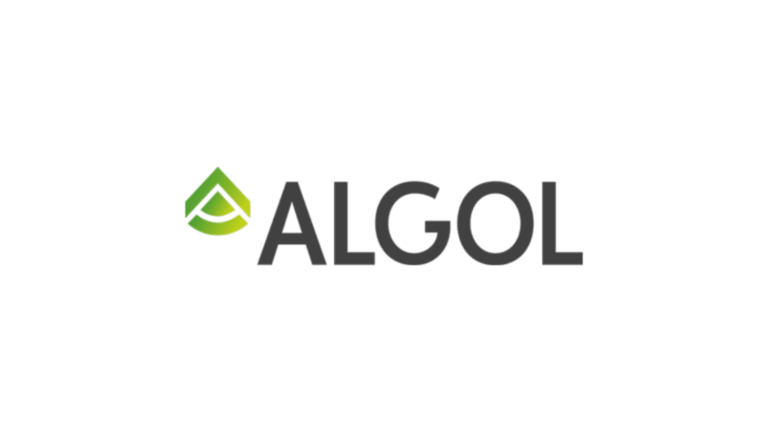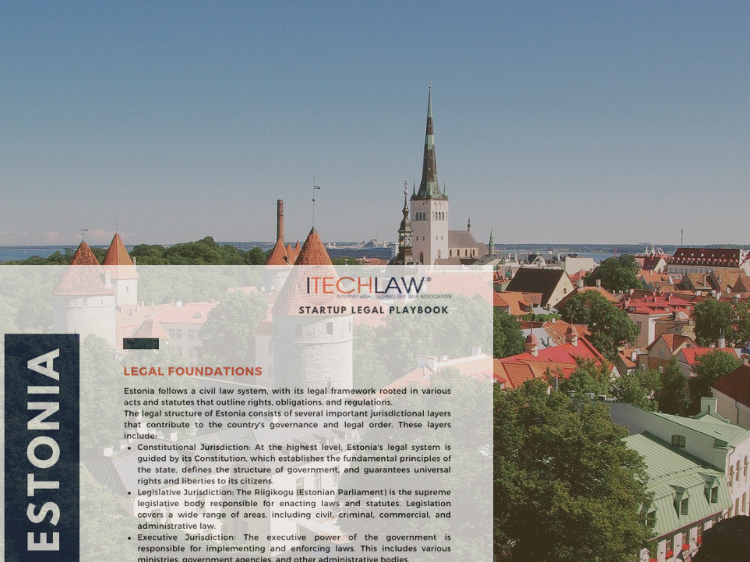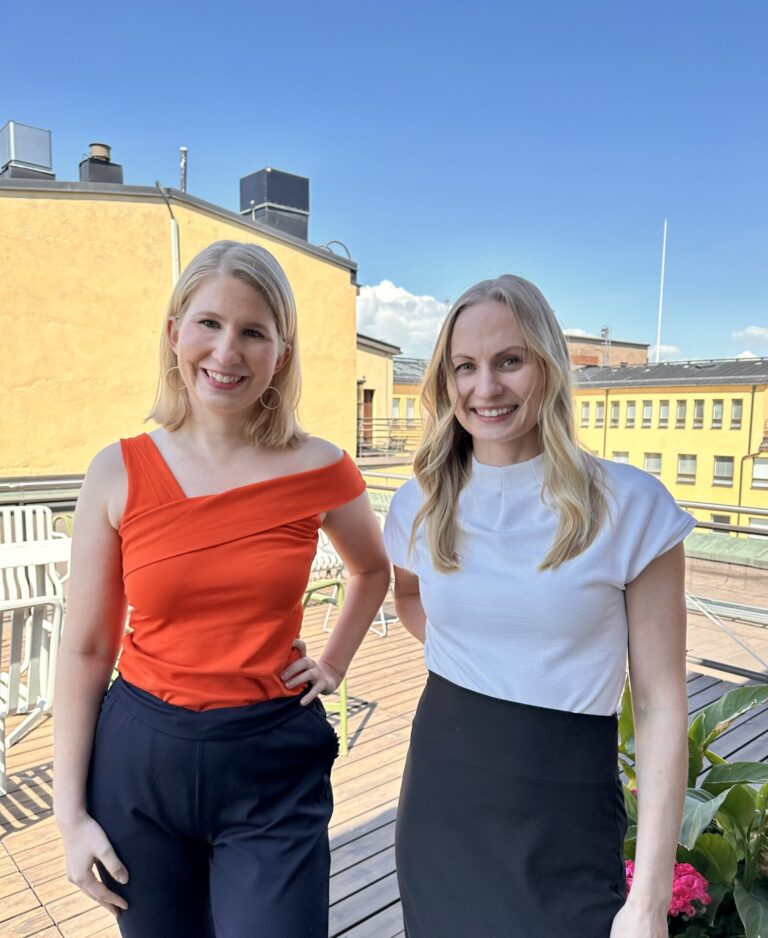
The Swedish Government is taking action against serious intellectual property infringements
Some intellectual property offences pose real threats to public health and safety. Indeed, Europol recently published its report on viral marketing, which found that criminals have been quick to exploit the shortage of materials and concerns of ordinary citizens as a result of Covid-19 by offering counterfeit and sub-standard pharmaceutical and healthcare products.
In the event of an infringement of intellectual property, both criminal and civil penalties may be considered. There are provisions on coercive measures as well as civil law security measures to secure property prior to a forfeiture decision or a decision on whether to recall goods from the market, or alter or destroy them, or any other action to be taken.
The Government’s proposal 2019/20:149 contains tougher penalties for the most serious cases of intellectual property infringement as well as introduces new names for this category of crime. The proposal is the result of an investigation that had been ongoing for some years. The changes are proposed to enter into force on 1 September 2020 and we have summarised the key provisions below.
Tougher penalties
The government is proposing to toughen the sanctions applicable to the most serious cases of intellectual property infringement. For serious infringements, the range of sentencing will be a prison term of a minimum of six months up to a maximum of six years. In assessing whether an infringement is serious, the court must consider the extent to which it was planned, whether it is linked to organised crime, the scale of the offence and whether it was of a particularly dangerous nature. The Government emphasizes, among other things, that stricter punishments are important not only for individuals, licensees and companies, but also for the entire social economy given Sweden’s prominent position as a global technology and innovation hub. In line with technological developments and the increased importance of intangible assets, the problem of intellectual property infringements has increased and today there are very sophisticated ways of copying, distributing and reproducing protected property, not least via the Internet.
New infringement names
The intellectual property laws have previously lacked specific names for individual infringements. Instead, intellectual property infringement has been used as a general term. In order to make it easier to understand which offence is applicable, promote uniformity in sentencing and clarify when it is a case of criminal and not civil liability (e.g. liability for damages), the government proposal includes the introduction of specific names for these offences. If the proposal is adopted, we can expect to see the prosecution of and court decisions concerning, for example, copyright infringement, trademark infringement, patent infringement, design protection infringement and company name infringement. The infringements are divided into crimes of the normal degree and serious crimes.
New prosecution rules
Finally, the Government proposes that prosecutors should launch a prosecution only if it is justified from a general point of view. There is no requirement for the injured party, i.e. the victim of the intellectual property infringement, to file a police report regarding the accusation either for crimes of the normal degree or serious crimes. The reason for this is, above all, the strong societal interest in being able to intervene with criminal sanctions and that it would be unreasonable to place that responsibility on the injured party, especially if the infringement is linked to organised crime.
Contact

Helena Rönqvist
Partner / Head of IT/IP and Media
Commercial, AI Law, Data Protection, Intellectual Property, Media, Sports and Entertainment, Retail and consumers, Technology
Send me an email +46 8 463 75 00 +46 73 610 36 70









